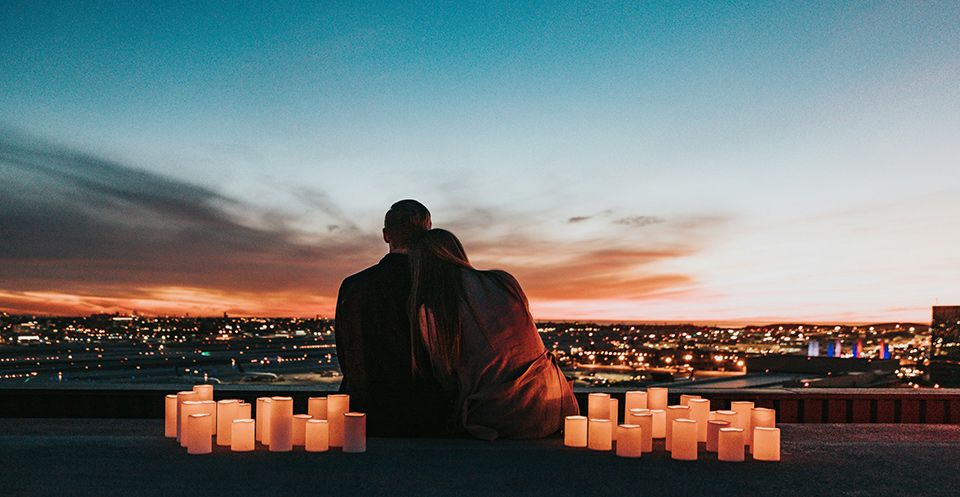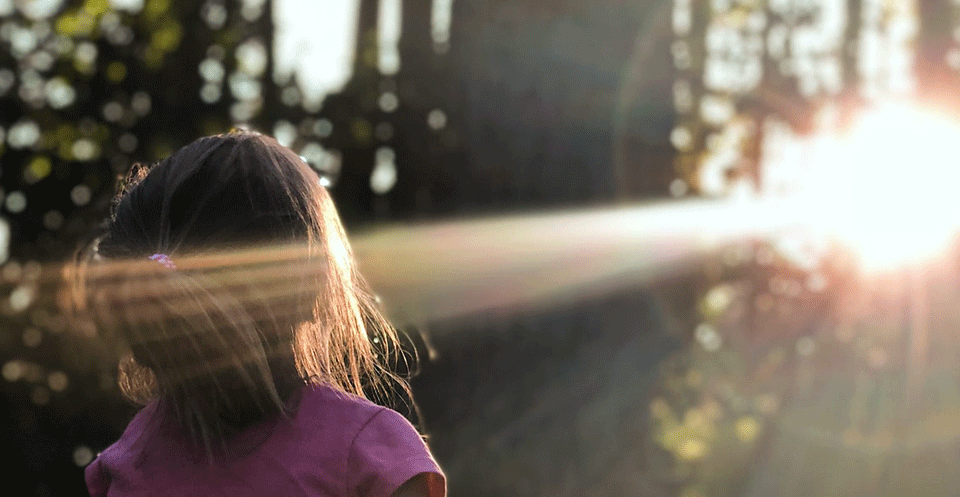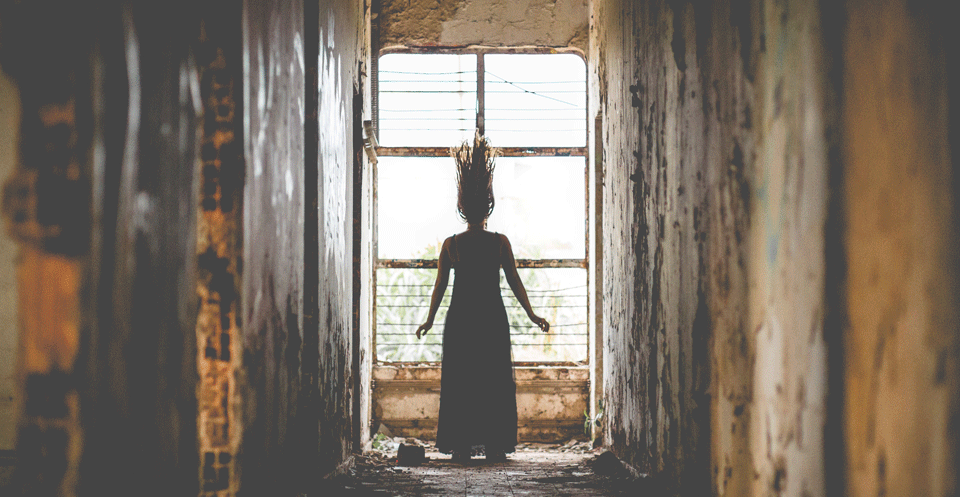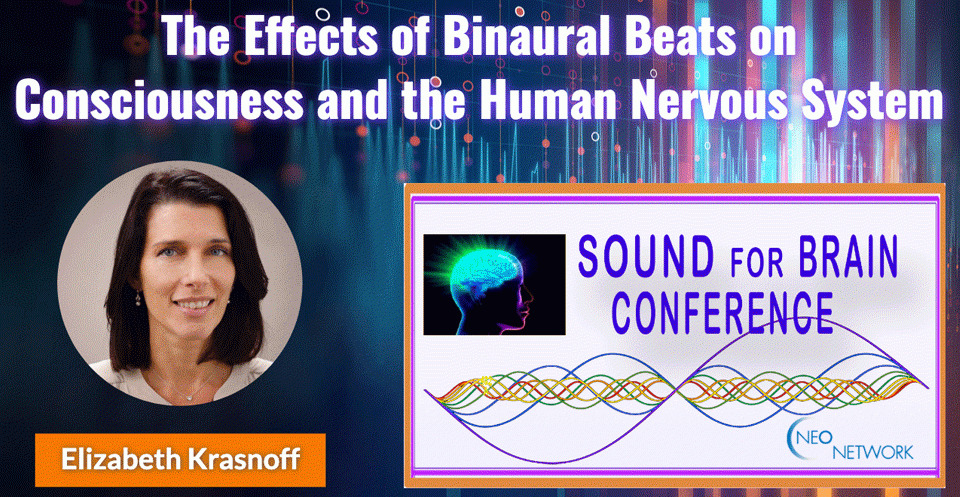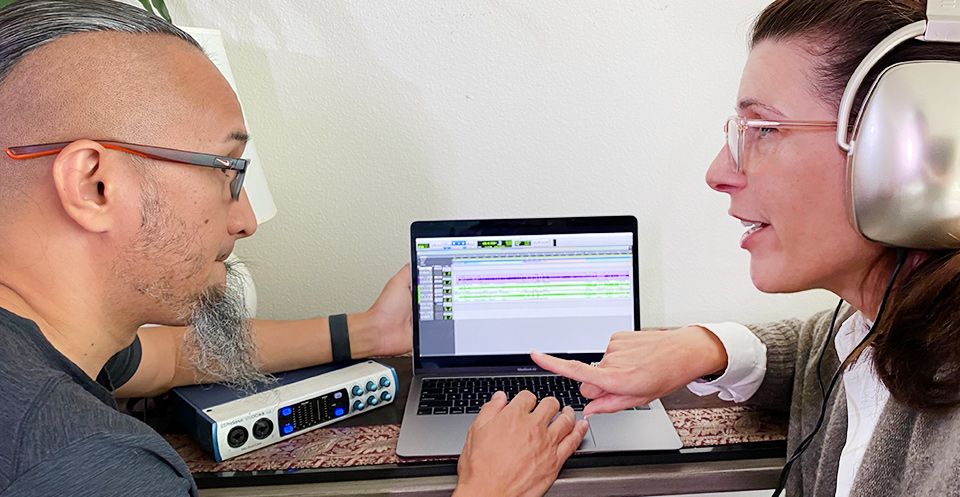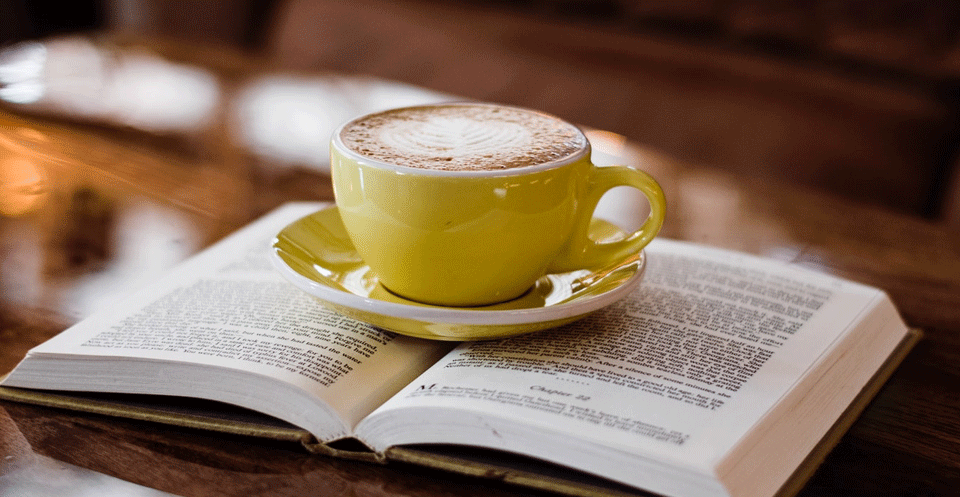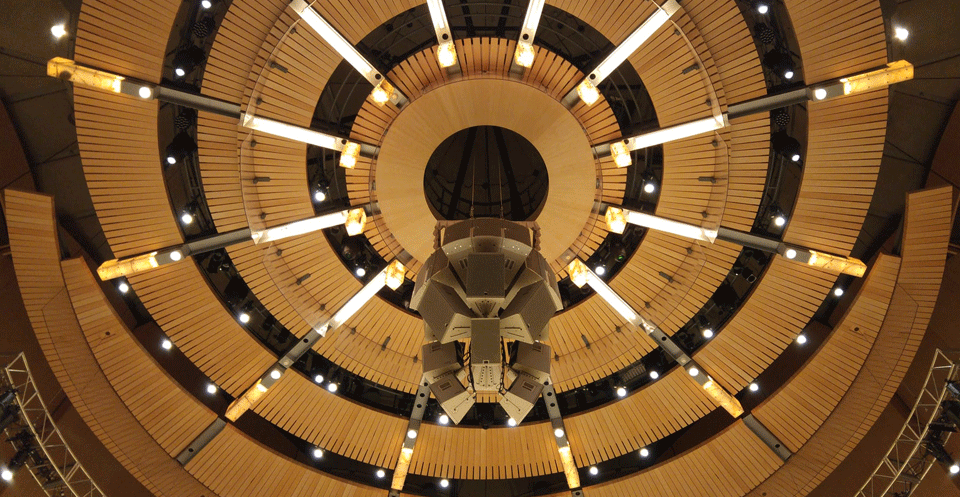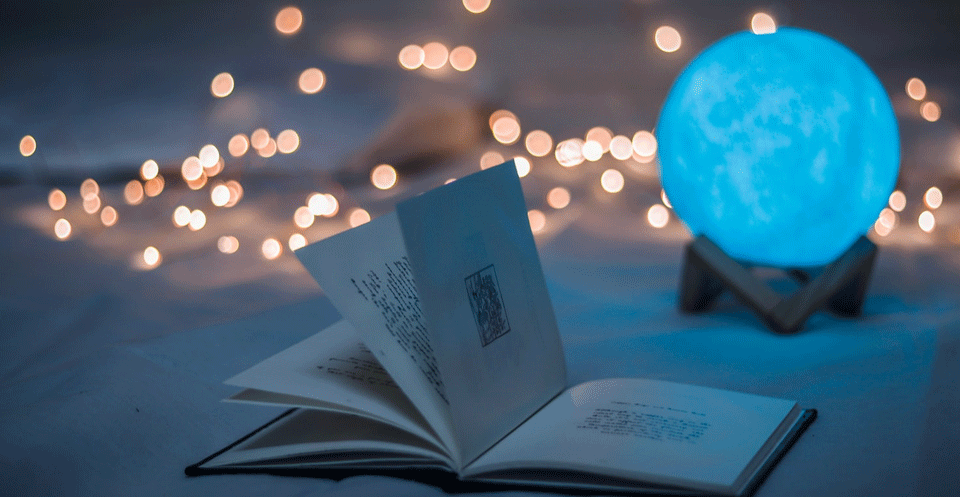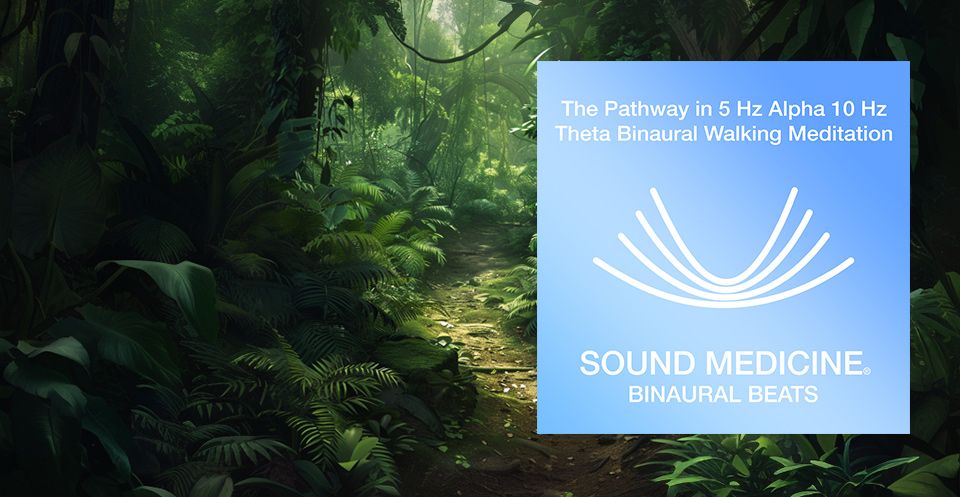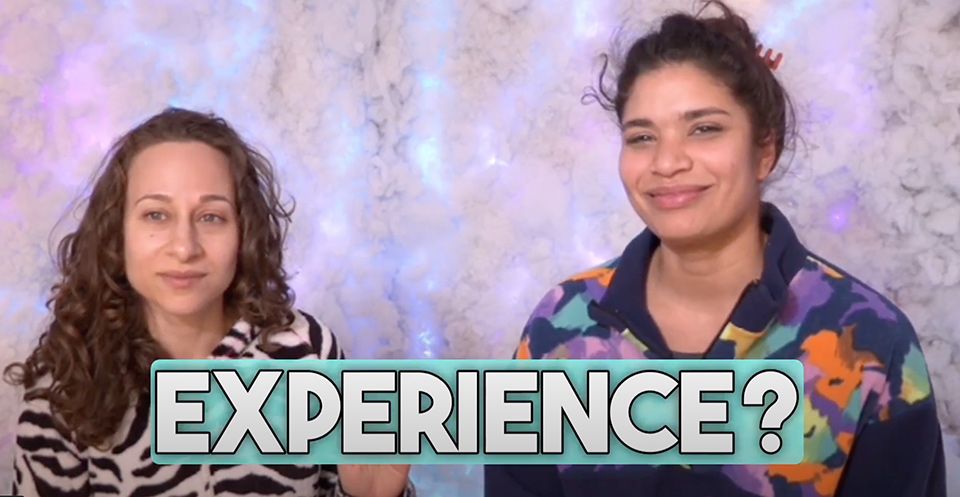The Sound of Gratitude
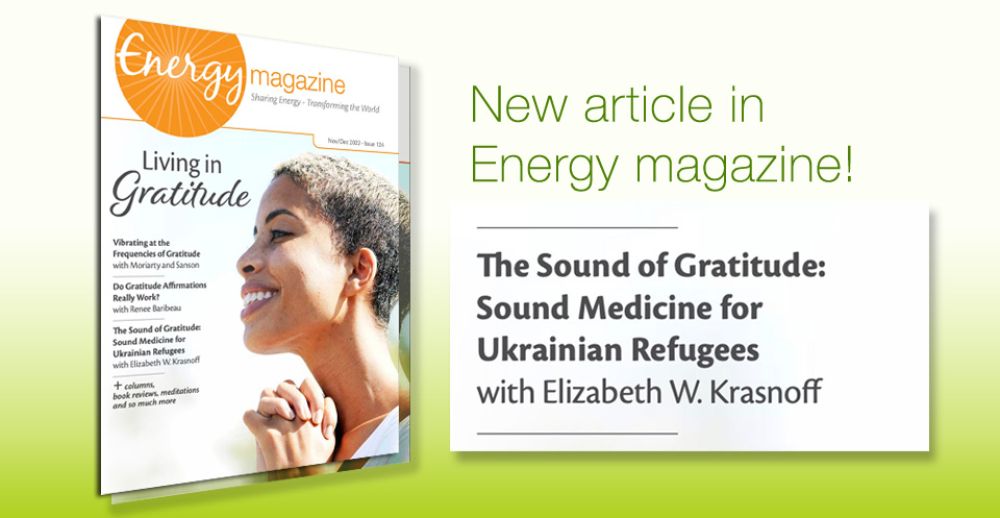
Sound Medicine for Ukrainian Refugees
Any moment of gratitude is a most powerful and anchoring meditation that we can all use at any moment of any day, to draw us out of the problems in our head, and into the compassion and solutions of our heart.
It takes a lot of courage to put your "drop in the bucket.” The intense suffering and need generated by human war and disaster is intimidating. On this family summer vacation trip to Warsaw, Poland to work with the Ukrainian refugees, I was reminded of a few basic heart lessons. Firstly, we are all in this together. When we become isolated and alone we lose heart, and then the real battle is lost. We must stick together. And on that note, secondly, each of us is enough. We each bring the light of a heart-infused being, which looks different in each of us. It is the gift of life to humbly offer it to another. Thirdly, in order to offer this inner light, in situations of deep need and crisis, it is important to stay still and centered. When we are anchored in our center, and are acting from our heart, we will be a peaceful island and have that sanctuary to offer others who are in the hot seat of fate. Lastly, I realized that music, my love and my medicine, is also my drop in the bucket.
Gratitude and presence are the most powerful anchors that we have, and are so important in these times of destabilization. Any moment of gratitude is a most powerful and anchoring meditation that we can all use at any moment of any day, to draw us out of the problems in our head, and into the compassion and solutions of our heart, even long term problems like war.
War is a place in the human psyche and is there for all peoples to grapple with. At this moment it is focused on Ukraine, and to the best of my research and conversation with Russian journalists, is ground zero of the struggle between dictatorship and democracy—which will prevail as the political system of our future? It is an intellectual and emotional quandary for me that this is all due to the directives of one individual. I don’t follow closely who is “winning” the war each day, because there truly are no winners to a war. I lived in Russia from 1994-1998 and have lifelong close friends there. I know firsthand how many lives are devastated by this war, in both countries. How do we approach such devastation with intentions of gratitude and healing?
We in the USA are geographically isolated from the many parts of the world and its wars. According to BBC news, there are currently 13 million Ukrainian people in the traumatic condition of being displaced. As of June 21, 5.2 million are recorded by the UN to have left the country and are flooding nearby countries and resources, and there are thought to be 8 million displaced within the country. It is hard for us in the U.S to really understand what this means.
So we decided to go to Warsaw, Poland - one of the biggest refugee destinations, to see for ourselves and to offer whatever help we could. Poland, a population of about 39 million people, as of June 21 has received roughly 3.5 million refugees. All EU countries offer food, shelter, immediate documents and the right to work for the next three years. These refugees are largely women and school children, just barely recovering from the pandemic, needing a life, and needing it now. All able bodied men from 18 to 62 years old are required to stay in Ukraine and fight.
So what caused my family to bridge this geographical gap? My father was a refugee, escaping during the 1956 revolution in Hungary, and my husband’s roots are Russian, Polish, and Ukrainian, so we felt connected to the conflict and wanted to give our son the perspective of the consequences of war. During our time in Warsaw, speaking to social entrepreneurs who are solving the problems of housing and caring for the children, organizers, or those in the forefront, we were humbled by the frontline service providers. After a series of conversations with on-the-ground organizers and volunteers, I was so curious that they do not contemplate the underlying dynamics of war or suffering. They are not thinking about questions of the human psyche, or darkness, or evil. They are just taking action, because that is what they do. It is inspiring. This inspiration struck me with a deep chord of gratitude; to see strangers helping strangers, putting aside inconvenience to extend a hand to those in the deepest pits of grief, loss, and fear...what an incredible beacon of hope.
The main issues that these helpers are solving revolve around the fact that the men are back home in Ukraine with the war, and the women and children are here. Childcare is needed - and fast. Documents are needed - and fast. Shelter, sanitary conditions, food, clothes, work, toys for the children—for FIVE million people. (That’s half the city of Los Angeles.)
Jon Mills, an American social entrepreneur, has already created 30 childcare centers in partnership with UNICEF, and they hope to open 300. His organization is www.chooselove.org, and he reminds me very much of my hero, Nicholas Kristoff, author of “Half the Sky” with his wife Cheryl Wu Dunn. Their writings taught me that it is best to work with the people on the ground who are in the center of the action, and my life long philanthropy values and actions come from their work. I am an infrequent visitor to the frontline, and like many of us, it is not where my skills are best deployed. And that’s okay. It is still really useful to get the reality check and bring whatever I can to the table. And to be honest with you, I had no idea what that was going to be—and way more than what I thought I had to give. Here are a couple of examples of what I mean.
We volunteered in two locations, a smaller Jewish Center in Srodboro that was providing shelter for about 50 refugees, and the larger Modlinska Expo Center, which houses up to 6,000 refugees. They were two very different experiences. At the Srodboro Jewish Center we made more personal connections that were harder to walk away from. I was assigned to the kids, and my husband and son prepared bedding packets all day (in a moldy warehouse) for those who had found homes and were ready to ship out. The kids were delighted that I could speak Russian. But how to approach a group of extremely disgruntled tweens and teens who are both traumatized and bored out of their minds? The main thing to understand is that the days are endlessly long, with nothing to do. They ate bread with butter and sugar and wandered around the complex in unsupervised packs.
What did I have to offer? Well, my love is music—the medicine of sound. It turns out that this is my drop in the bucket. And so, I offered the only thing I was carrying in my purse—a portable JBL speaker— so that one girl could play her music louder. Within the hour, we had a successful disco, with kids smiling and dancing and choreographing moves. The grandma gave me huge smiles and two thumbs up, that her grandkids were happy and doing something, anything. They all asked to hear my latest album, and were amazed that I was the person singing to them through the speaker. Music, the language of my soul, and the great uniter, was something that I had to offer. I have a video of our wonderful little disco. It was very hard to leave those kids that afternoon, but I knew it made a small difference to entertain them for a day.
At Modlinska it was a different kind of heartbreak. Thousands of humans lined up in cots, sleeping the day away, waiting for placement. Again, packs of children sat in depressed silence, or wandered around, and we nearly caused a riot handing out soccer balls. They were so desperate for anything to do. The mothers of young children were beside themselves with lack of support. The mother of a toddler aggressively pleaded with me, even coming to tears, for a soccer ball for her toddler who was turning 3 years old in 4 days, but we had just run out. I promised to get another ball! But the stores were all closed for the holiday, so we rushed back to our apartment to get our own family soccer ball and deliver it to the mother, who was shipping out that day with her son. We succeeded, and her demeanor softened for just a moment, enough for me to catch a glimpse of her humanity. Again we were assigned to the children for the day. The smaller boys clung to my son and I was proud of how patiently he played with them all day. And I of course set up my speaker and music again –happy pop tunes from America. Kids who wanted to play, or grownups who wanted to tell their story, would wander over to me in this field of music and normalcy, and have an hour or so of the organized and happy vibrations of the music. Research shows that rhythm unites and bonds us, even for preverbal infants. And so it did here in this multilingual environment of Ukrainian, Russian, Polish and other assorted displaced ethnicities.
I will finish here with a few resources. If you are a frontline type of person, two more great organizations that I came across on the ground are www.augustmission.org, a group who is actively delivering food and supplies across the border to the IDPs (internally displaced persons) of Ukraine, as well as volunteering at shelters in Warsaw. Another active group which had quite a number of volunteers at Modlinska is www.mercyworks.org out of Texas. They send groups every two weeks. If food is your love, World Central Kitchen, https://wck.org/, is of course always present at places of human disaster, and they are serving a million meals a day in Ukraine. Note: to volunteer, they will require a one week minimum. www.hias.org also has a strong presence and is another wonderful organization that advocates for and provides legal counseling and translation services to the refugees as they apply for asylum.
I learned and gained so much from my time in Poland. My article today acts as a gentle reminder to myself, and others, to find simple gratitude in all the daily blessings of life. Nothing is too small. There is always, always something deserving of appreciation This lesson in gratitude also encourages me to step up and offer love and aid to those who need it most; I hope that I too can be a ray of hope, inspiring others to “pay it forward,” creating a cycle of gratitude to heal these heavy wounds and seek greater light.
Finally, for reading my piece today, thank you.
